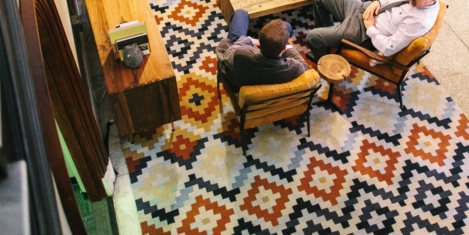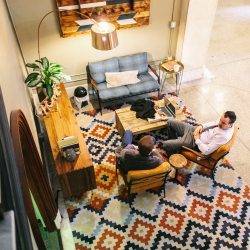June 19, 2017
Commercial property giant acquires controlling stake in London based flexible office provider 0
 While we should never read too much into a single piece of business, the news that one of the world’s largest property investors is buying a young and still growing British flexible office provider is surely a sign of things to come. As Blackstone, a private equity giant with £140 billion of real estate assets worldwide acquires a controlling stake in The Office Group for £500 million, we must view the deal in the context of a market in which the most dynamic players are WeWork and its contemporaries. The Office Group has grown from seven buildings to thirty-six since it was founded in 2003 and provides flexible office and coworking space to start-ups, freelancers, small businesses and increasingly, corporates such as Facebook, Dropbox and British Gas.
While we should never read too much into a single piece of business, the news that one of the world’s largest property investors is buying a young and still growing British flexible office provider is surely a sign of things to come. As Blackstone, a private equity giant with £140 billion of real estate assets worldwide acquires a controlling stake in The Office Group for £500 million, we must view the deal in the context of a market in which the most dynamic players are WeWork and its contemporaries. The Office Group has grown from seven buildings to thirty-six since it was founded in 2003 and provides flexible office and coworking space to start-ups, freelancers, small businesses and increasingly, corporates such as Facebook, Dropbox and British Gas.


































May 18, 2017
Reflection on facilities management and the people I’ve met along the way 0
by Paul Carder • Comment, Facilities management
(more…)